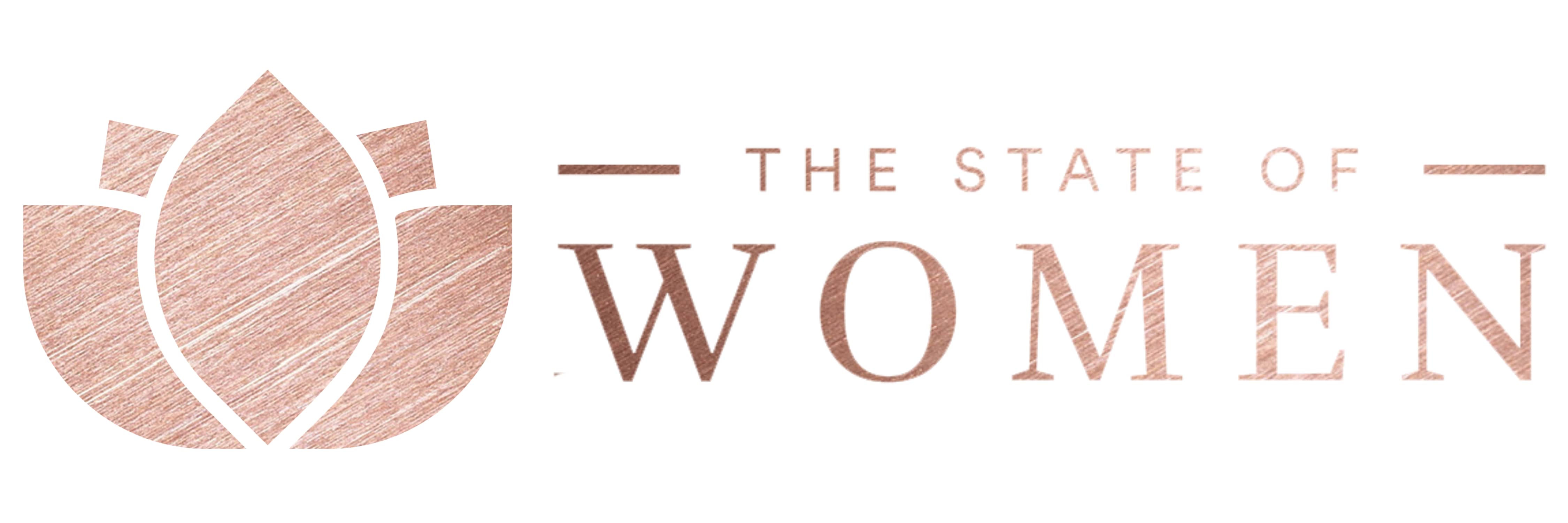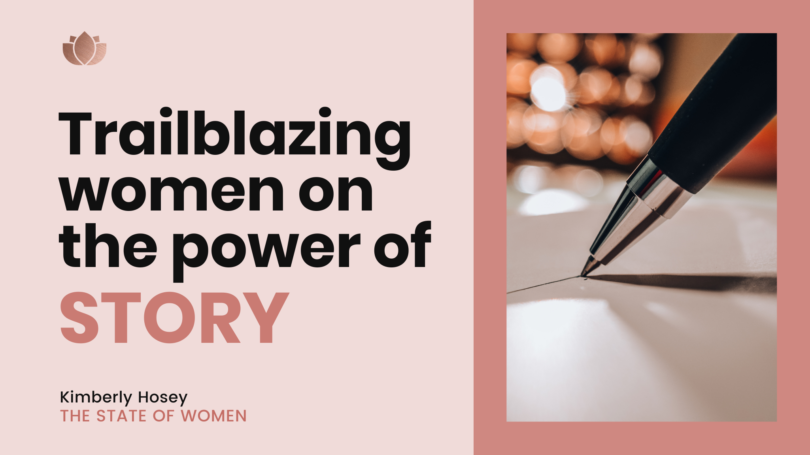Women’s History Month is coming to an end, and as we reflect on this year’s theme, “Celebrating the Women Who Tell Our Stories,” we’re reminded of the central and indispensable role of women’s voices in our collective narrative. From those who have spoken out against injustice to those who create new worlds through their writing, storytellers challenge, inspire, and inform us through their talent, dedication, and craft. Here are just a few remarkable creators and storytellers whose work continues to inspire us in our ongoing mission to elevate the voices of all women.
Dorothy Butler Gilliam: “We get fatigued with so many things but we don’t stop because that would not move us from where we are.”
Dorotothy Butler Gilliam, the first Black woman reporter at the Washington Post, knows firsthand the challenges of being a trailblazer. Despite facing discrimination and feeling worn down, Gilliam never gave up. She continued to work hard, knowing that her efforts were paving the way for future generations. Her quote is a reminder that progress is not always easy, but that perseverance is essential for creating lasting change.
Miriam Tlali: “Like everybody else, we are the progeny of our past, our history.”
Miriam Tlali, an anti-apartheid trailblazer and feminist writer, was the first Black woman author in South Africa to publish a novel in English. She understood the power of history and its impact on the present, here emphasizing the importance of acknowledging our past and using it to inform our understanding and actions. Tlali’s work as an activist and author highlighted the struggles of Black South Africans and called for social justice, and she reminded us that our histories shape us—and that we have a responsibility to work toward a better future.
Shonda Rhimes: “Words have power. TV has power. My pen has power.”
As a producer and screenwriter, Shonda Rhimes has created some of the most groundbreaking television shows of the past two decades. Through her work, she has given voice to underrepresented groups and challenged societal norms. Her quote speaks to the power of storytelling and the ability to use media to shape culture. Rhimes has used her platform to advocate for inclusivity and representation, paving the way for a more diverse and equitable future in entertainment.
Zainab Salbi: “The single thing all women need in the world is inspiration, and inspiration comes from storytelling.”
As a women’s rights activist and writer, Zainab Salbi has spent her life advocating for marginalized communities. Through her work, the Iraqi American journalist and humanitarian has used storytelling as a means of inspiring and empowering others. Salbi’s work reminds us that everyone deserves to see themselves represented in media, that all stories deserve to be told, and that storytelling can be a tool for social change.
Soledad O’Brien: “If you can tell a story well, you can move people to do something.”
Soledad O’Brien, a broadcast journalist and executive producer, knows that a compelling story can make a difference. Her work has highlighted important issues and given voice to those who are often overlooked; including Latino and Latina voices, multiracial or mixed-heritage experiences, and more; so she knows what she’s talking about when it comes to the power of storytelling and its ability to create understanding and even change. O’Brien’s work serves as a reminder that storytelling can be a tool for creating positive change and promoting fairness and equality.
Ida B. Wells: “The way to right wrongs is to turn the light of truth upon them.”
Ida B. Wells’ relentless pursuit of justice and her pioneering investigative reporting challenged the racist status quo of her time, making her one of the most important figures in the fight against lynching and racial discrimination. She was also a co-founder of the NAACP, which advocated for equal rights and opportunities for Black Americans. Wells’ activism and courageous journalism inspired generations of civil rights leaders and journalists, and her legacy serves as a reminder of the power of truth-telling and the importance of fighting for justice.
Gloria E. Anzaldúa: “A woman who writes has power, and a woman with power is feared.”
As a Chicana scholar and writer, Gloria E. Anzaldúa used her words to challenge societal norms and advocate for marginalized communities. Her trailblazing writing explored themes of identity, borderlands, and cultural hybridity. Her book, Borderlands/La Frontera: The New Mestiza, has become a classic in Chicana feminist literature, and her ideas have influenced countless writers and scholars. Anzaldúa believed that writing had the power to transform not only the individual writer but also society as a whole. By giving voice to the silenced and underrepresented, women writers could create their own power, and through their writing, challenge the dominant cultural narratives.
Octavia E. Butler: “You got to make your own worlds. You got to write yourself in.”
Octavia E. Butler was a pioneer in science fiction, winning numerous awards for her work, including the Hugo and Nebula awards. Her writing often explored themes of race, gender, and identity, and she is celebrated for creating complex, diverse characters that challenged the stereotypes of science fiction at the time. Here, she speaks to the importance of storytelling-and of being the author of our own stories, and embracing the power to shape our part of the narrative, opening up new understanding and new possibilities for ourselves—and, possibly, for everyone and for a better future.
Women’s stories are part of human history, period. But it’s not just the stories themselves, but the voices behind them that have the power to inspire, to move us, to incite change. These women and so many more throughout history and today challenge the dominant narrative, expose injustice, and forge new paths for others to explore.
We hope you’ll explore these women as well as the voices of so many others as we continue to share the stories of women and girls. And always: Add your own story. Raise your own voice. People will listen.



